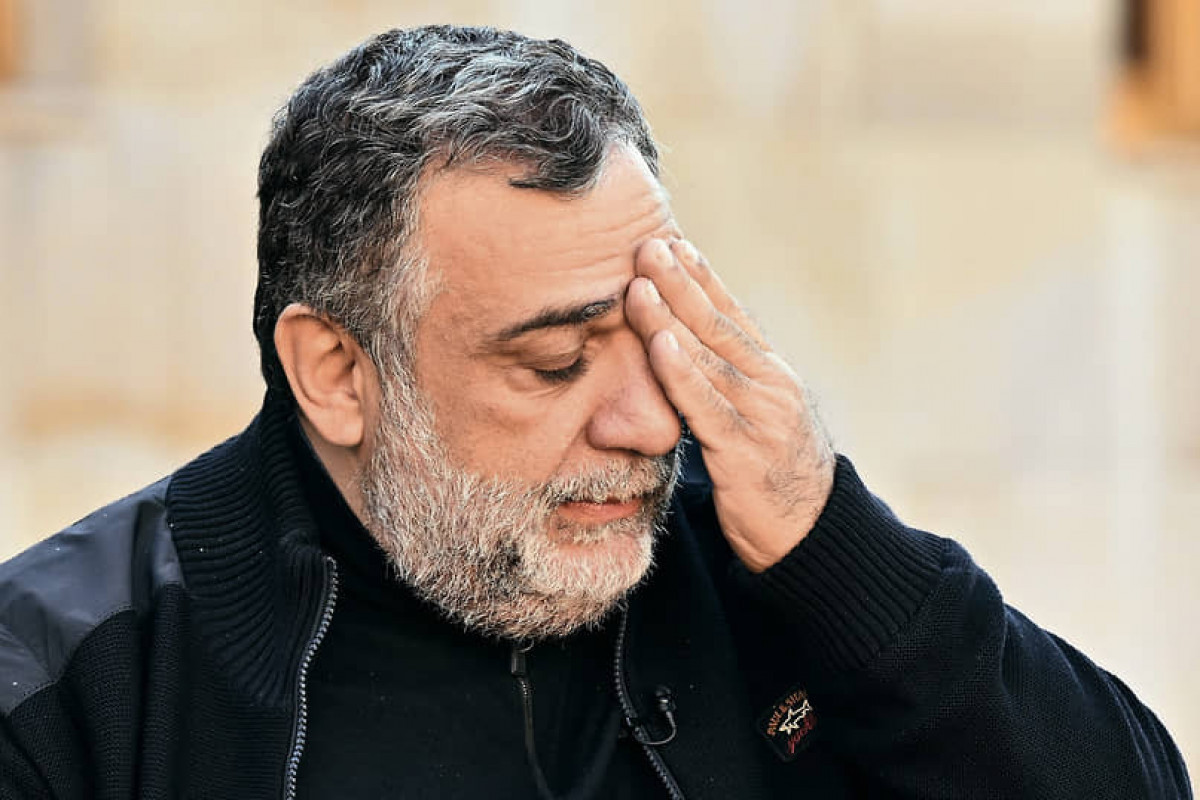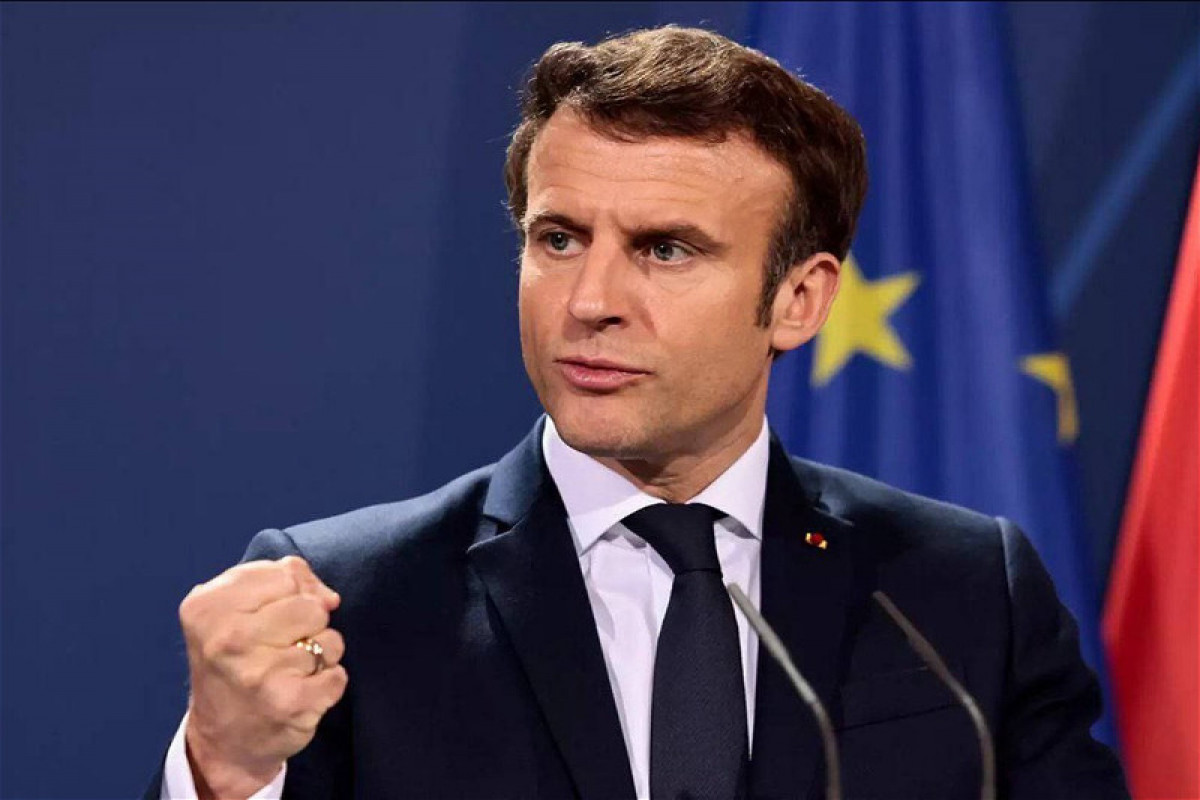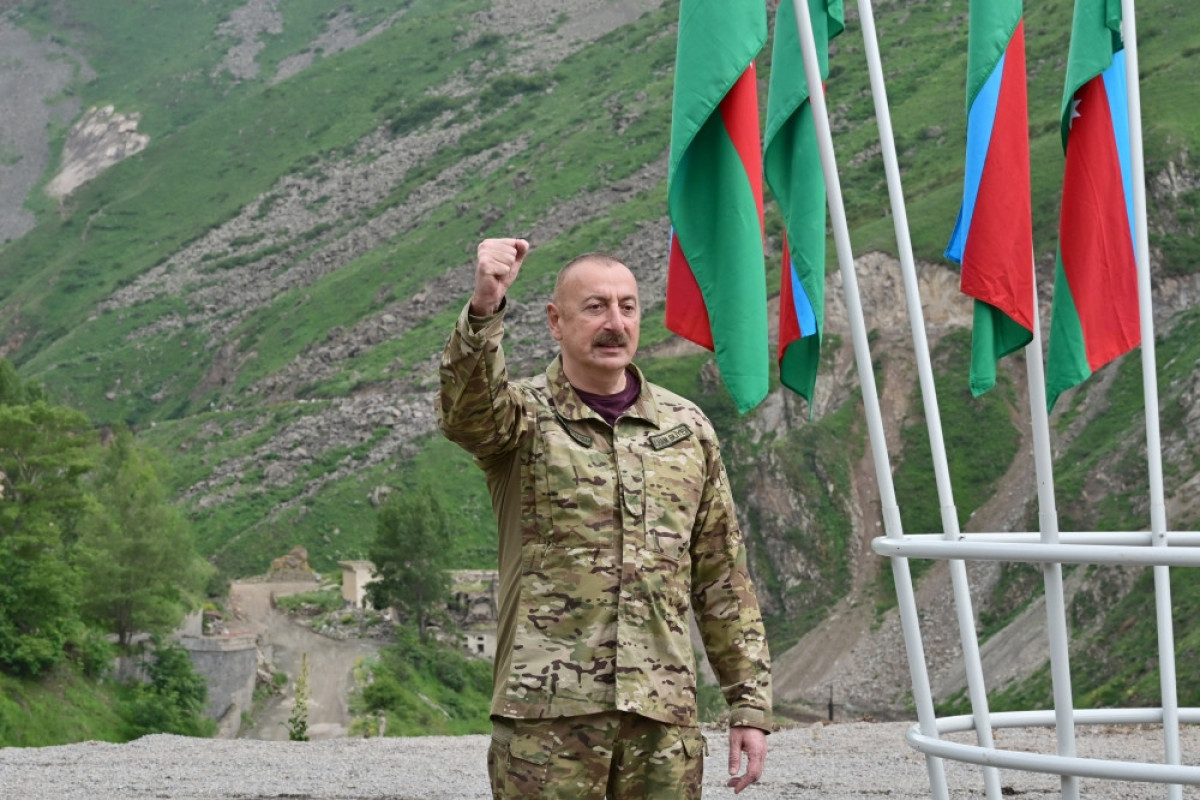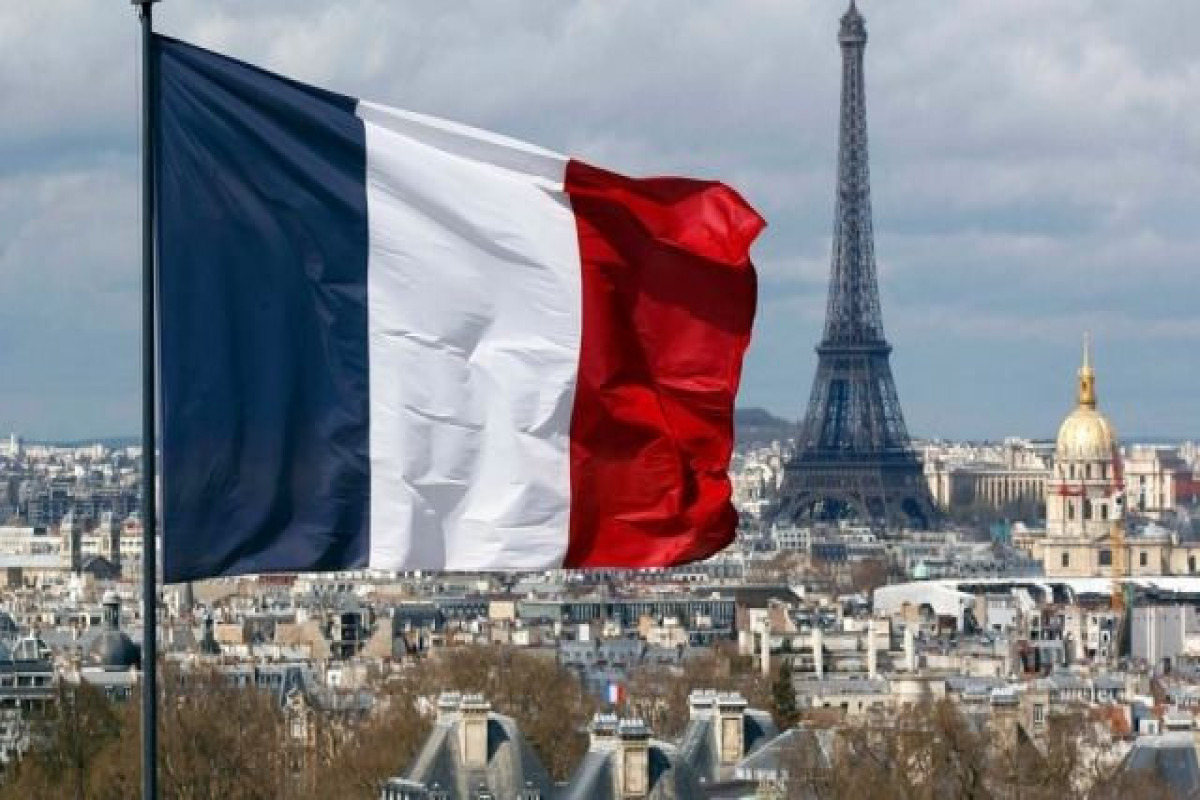Unblocking the US-Azerbaijan Relationship – ANALYSIS

Published in the framework of APA-CRIA partnership
The relationship between domestic politics and foreign affairs is often complex. Not so in the case of Matthew Bryza’s nomination for the post of ambassador to Azerbaijan. Bryza’s lengthy confirmation process has been repeatedly held up in the Senate; opposition has been led by two senators from states with significant Armenian lobbies.
Given the looming mid-term congressional elections, the opposition of California’s Barbara Boxer and New Jersey’s Robert Menendez is openly political. Under pressure from the Armenian diaspora, spearheaded by the Armenian National Committee of America, they have helped to ensure that one of America’s key partners in Eurasia has been without an ambassador since July 2009.
Having undergone months of grilling in the Senate Foreign Relations Committee about his alleged pro-Azerbaijani bias, and postponement requested by Senator Boxer, Bryza was finally confirmed by the committee on September 21. But shortly after the vote, Boxer and Menendez postponed Bryza’s confirmation by the full Senate, necessary before he takes up his post (Eurasianet, September 23).
Vetting ambassadors falls under the purview of the Senate, and the Obama Administration has not been particularly eager to get involved in the dispute. However, the delay in sending an ambassador to Baku has moved beyond a normal assessment. Neither Boxer nor Menendez has been willing to alienate their influential Armenian constituencies, which have agitated strongly against Bryza’s appointment (Armenian National Committee of America, September 21), in the run-up to the midterms. Foreign policy has been held hostage to domestic politicking.
The delay comes at a critical juncture in relations between Washington and Baku. President Barack Obama met with President Ilham Aliyev on the margins of the UN General Assembly on September 24th. The meeting was, in part, an attempt by the US to mend relations after eighteen months of gradual decline. Baku has been deeply concerned by American support for a rapprochement between Turkey and Armenia which ignores any linkage with the settlement of the Nagorno-Karabakh conflict.
More generally, a perceived lack of US attention to the bilateral relationship has raised suspicions in Azerbaijan that the Obama Administration is less committed to the partnership with Azerbaijan, despite Baku’s increasingly critical role in the NATO logistics corridor to Afghanistan. The lack of an ambassador is taken as a clear sign.
The meeting between the two presidents is the first step towards a much-needed revitalisation of ties. New ambassador’s confirmation – which is likely, although probably not until after the midterm elections – would be another boost.
Leaving the ambassadorial post in Baku vacant for much longer would contribute to the perceived decline of US involvement in the South Caucasus (Eurasia Daily Monitor, September 28). Already the Obama Administration’s cooling ties with Georgia and awkward relationship with Turkey have led many to assume that Washington is disengaging from the region. This would be a clear mistake, given strong US interests there – in particular, containing Iran and ensuring a supply route to Afghanistan.
Both of these policies require a peaceful settlement to the Nagorno-Karabakh conflict. Without a successful political settlement to the stalemate, developing a unified and workable policy towards the region’s wider problems is not feasible.
Over the past months, the US has been insufficiently engaged as one of the three mediators of the OSCE Minsk Group. This has allowed Russia to take the lead, using its influence and offering tangible incentives to both Armenia and Azerbaijan (chiefly military hardware and energy deals). As a result, Russia has been able to unilaterally set the agenda for peace talks over Nagorno-Karabakh. Although neither Baku nor Yerevan fully trust Moscow’s motives, inaction by the US – and almost total absence by the third Minsk Group mediator, France – has left them little choice. Russia has virtually marginalized the US and France since President Medvedev tabled a new draft of the so-called Madrid Principles of the conflict’s resolution last June in St. Petersburg without consulting them.
This situation is unlikely to change without active efforts by the US. On a wider level, American interests in Eurasia are difficult to pursue successfully without seriously engaging Azerbaijan. For energy security, containing Iran, and supplying NATO forces in Afghanistan, Baku is pivotal.
An ambassador is clearly critical to rebuilding the US-Azerbaijan partnership. Congressional oversight is essential, but the repeated stalling over Matthew Bryza’s confirmation is, rather, political manoeuvring. The Obama Administration should make stronger efforts to support their candidate for ambassador to Baku or risk a gradual stagnation of the relationship.
Political

An attempt to create a "Dove of Peace" from Vardanyan — Struggle over the wealth of the separatist billionaire-ANALYTICS

Macron is not sincere in his statements - France allocates less military support to Ukraine than Baltic countries-ANALYSIS

Ilham Aliyev achieved to return Gazakh's 4 villages to Azerbaijan without single bullet or bloodshed -ANALYSIS

Parisian stance: France is experiencing diplomatic stress in its relations with Azerbaijan and taking chaotic steps -ANALYTICS
NEWS FEED
2 people were killed as a result of an ammunition explosion in Nakhchivan
UK ambassador to Azerbaijan makes post on Nakhchivan
Another Koran burning event took place in Sweden
Azerbaijan's Minister of Economy to attend the World Economic Forum in Saudi Arabia
Azerbaijan Army holds paramilitary cross championship-VIDEO
Azerbaijani police found weapons and ammunition in Zangilan's Taghli village-PHOTO
Portuguese government refuses to pay reparations for colonial past
SpaceX launches Falcon 9 rocket with European Galileo satellite on board
Zelenskiy says Russia targeted gas facilities that secure EU supply
Iran condemns sanctions by U.S., Britain, Canada
Israeli FM says "will suspend" Rafah operation if hostage deal reached: media
Germany grapples with wave of spying threats from Russia and China
Russian GDP gain 5.4% in Q1 2024 — Economy Ministry
Mine explodes in Azerbaijan’s Aghdam, one person injured
AU expresses concern over deteriorating situation in western Sudan
Zelenskyy: "Russia targeted facilities that ensure EU supply"
Bus carrying Iranians overturns in Armenia, killing three
Australia to provide $100 million in funding and supplies to Ukraine
Reuters producer in custody over YouTube publications-VIDEO
Tajikistan recommends country's citizens to temporarily abstain from visiting Russia
Greek PM to visit Türkiye
Assistant to President: "On daily basis, Azerbaijani civilians face landmines implanted in millions"
Russia arrests another suspect of Moscow hall attack
Supporters of Spain's Prime Minister rally, urge PM not to quit
Macron visit to Germany in May to focus on EU ties - Media
Ammunition warehouse blaze in western Cambodia kills 20 soldiers - PM
Armenian police detains colonel who objected to delimitation with Azerbaijan - UPDATED
Azerbaijani servicemen participate in Efes – 2024 multinational exercise
U.S. Embassy to Azerbaijan commented on injury of ANAMA employee in landmine explosion
Guyanese, Surinamese and Ecuadorian Presidents were invited to COP29
Landslide kills 4 in east Afghanistan
Turkish FM to attend Contact Group meeting on Gaza
Redrawn investment agreement between Azerbaijan, ACWA Power was approved
Erdogan’s May 9 visit to US postponed to more convenient date - Foreign Ministry
Next graduation ceremony for the Marines Commando Basic Courses held, Azerbaijan's Defense Ministry says-VIDEO
Judge of Azerbaijan's Supreme Court commits suicide
Azerbaijan President awards individuals distinguished in entrepreneurship field “Taraggi" Medal
Ministers of Economy, Finance authorized to represent Azerbaijan in Turkish Investment Fund - ORDER
Abbas, international leaders to hold Gaza talks in Riyadh this week
Azerbaijan to relocate 59 families to Sus village of Lachin district soon-PHOTO
Moscow welcomes continuation of contacts between Baku, Yerevan - Kremlin Spokesman
Landmine explodes in Gaybali village of Azerbaijan's Shusha, ANAMA employee injured
Tornadoes collapse buildings and level homes in Nebraska and Iowa
Azerbaijani servicemen take part in International Seamanship Competition held in Italy
Speaker of Azerbaijani Parliament presented letter of invitation to COP29 to Montenegrin President
Azerbaijan-hosted Days of Culture of Kyrgyzstan wraps up
Oil price increases in world markets
Person accused in assassination of Azerbaijani MP Fazili Mustafa revealed he wanted to enter gov't institutions and shoot everyone
Natural gas prices rise at NYMEX
Azerbaijani oil price exceeds $90

